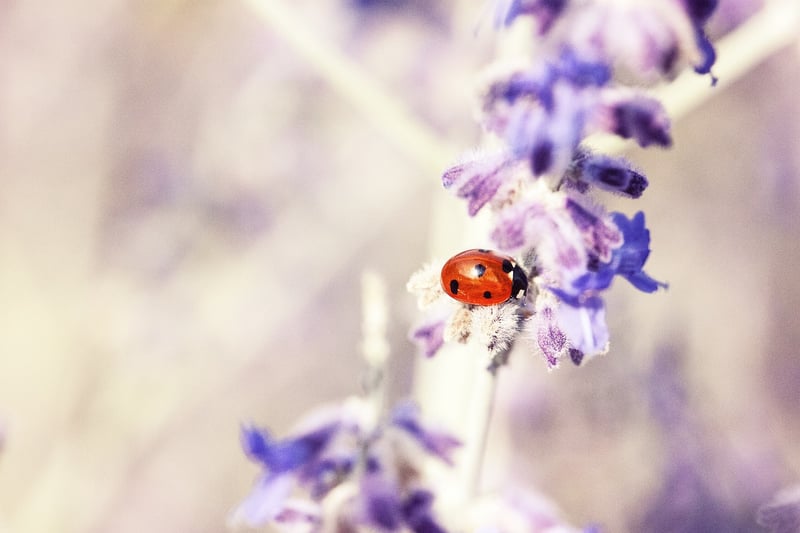Pest Control
Keeping Your Garden Healthy: Pest Control Tips
Having a beautiful and thriving garden requires more than just watering and sunlight. One crucial aspect of garden maintenance is pest control. Pests can wreak havoc on your plants, flowers, and vegetables if left unchecked. Here are some effective tips to keep your garden healthy and pest-free:
1. Know Your Pests
Identifying the pests that are causing damage to your garden is the first step in effective pest control. Some common garden pests include aphids, slugs, snails, and caterpillars. By knowing the specific pests, you can choose the most suitable control methods.
2. Encourage Beneficial Insects
Not all insects are harmful to your garden. Some insects, like ladybugs, lacewings, and ground beetles, are beneficial as they feed on garden pests. Planting flowers such as marigolds and daisies can attract these beneficial insects to your garden.
3. Use Natural Remedies
Instead of resorting to chemical pesticides, consider using natural remedies to control pests. Neem oil, garlic spray, and diatomaceous earth are effective and eco-friendly options to keep pests at bay without harming beneficial insects or plants.
4. Practice Crop Rotation
Rotating your crops each season can help disrupt the life cycle of pests that target specific plants. By changing the location of your crops, you can prevent pests from establishing themselves in the soil and reduce the likelihood of infestations.
5. Keep Your Garden Clean
Regularly cleaning up debris, fallen leaves, and weeds can eliminate hiding spots for pests. Pests often thrive in cluttered and unkempt gardens, so maintaining cleanliness can significantly reduce pest populations.
6. Monitor Your Garden Regularly
Inspect your plants frequently for any signs of pest damage. Early detection allows you to take action promptly before the infestation worsens. Look for chewed leaves, holes, discoloration, and other symptoms of pest activity.
7. Consider Physical Barriers
For certain pests like birds, rabbits, or deer, physical barriers can be an effective solution. Install fences, netting, or row covers to protect your plants from larger animals that may feed on them.
8. Seek Professional Help
If you're facing a severe pest infestation that is beyond your control, consider seeking help from a professional pest control service. They can provide expert advice and solutions to safeguard your garden effectively.
By implementing these pest control tips and maintaining a vigilant approach to garden care, you can ensure that your garden remains healthy, vibrant, and free from destructive pests.
Remember, a little prevention and proactive management can go a long way in preserving the beauty and productivity of your garden!

Image source: Pixabay
